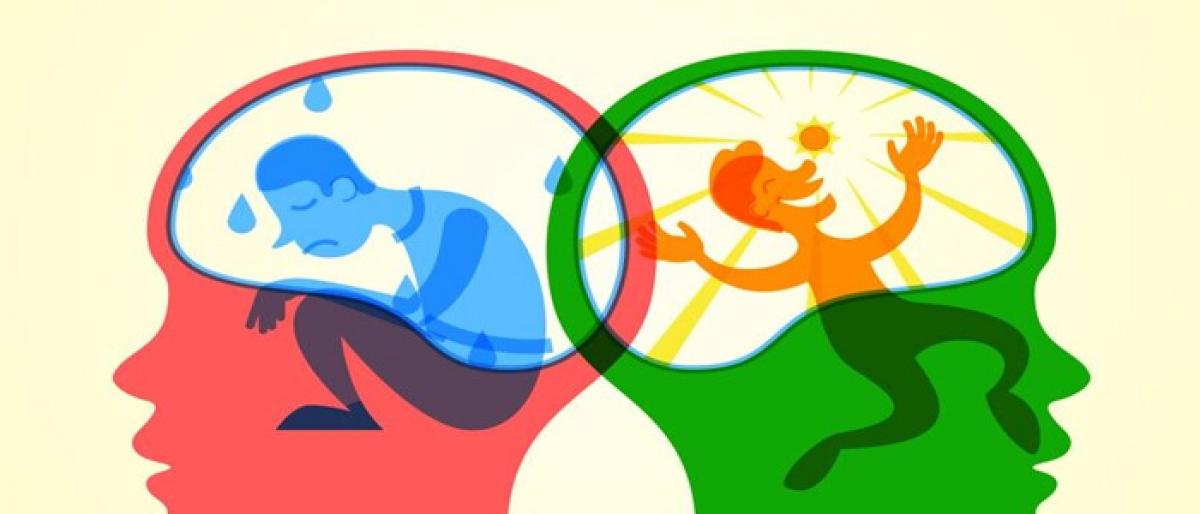Live
- Fire Service Week farewell program held at Anantapur
- Manage Your Liver Health and Boost Your Energy
- District SP conducts surprise inspection at Karnataka Border Check Post
- YSRCP has shown what good governance means in 58 months: CM
- Summer skincare secrets: Protect your skin from sun and heat
- Forces within & outside the country joined hands to defeat me, PM Modi says in Karnataka
- SSC results to be released on April 22
- Fake currency seized from house along India-Bangladesh border in Bengal
- District Transport Officer Chinna Balu seized 15 vehicles for driving against the rules
- Won't withdraw complaint against Amanatullah Khan over non-compliance of summons: ED to Delhi court









